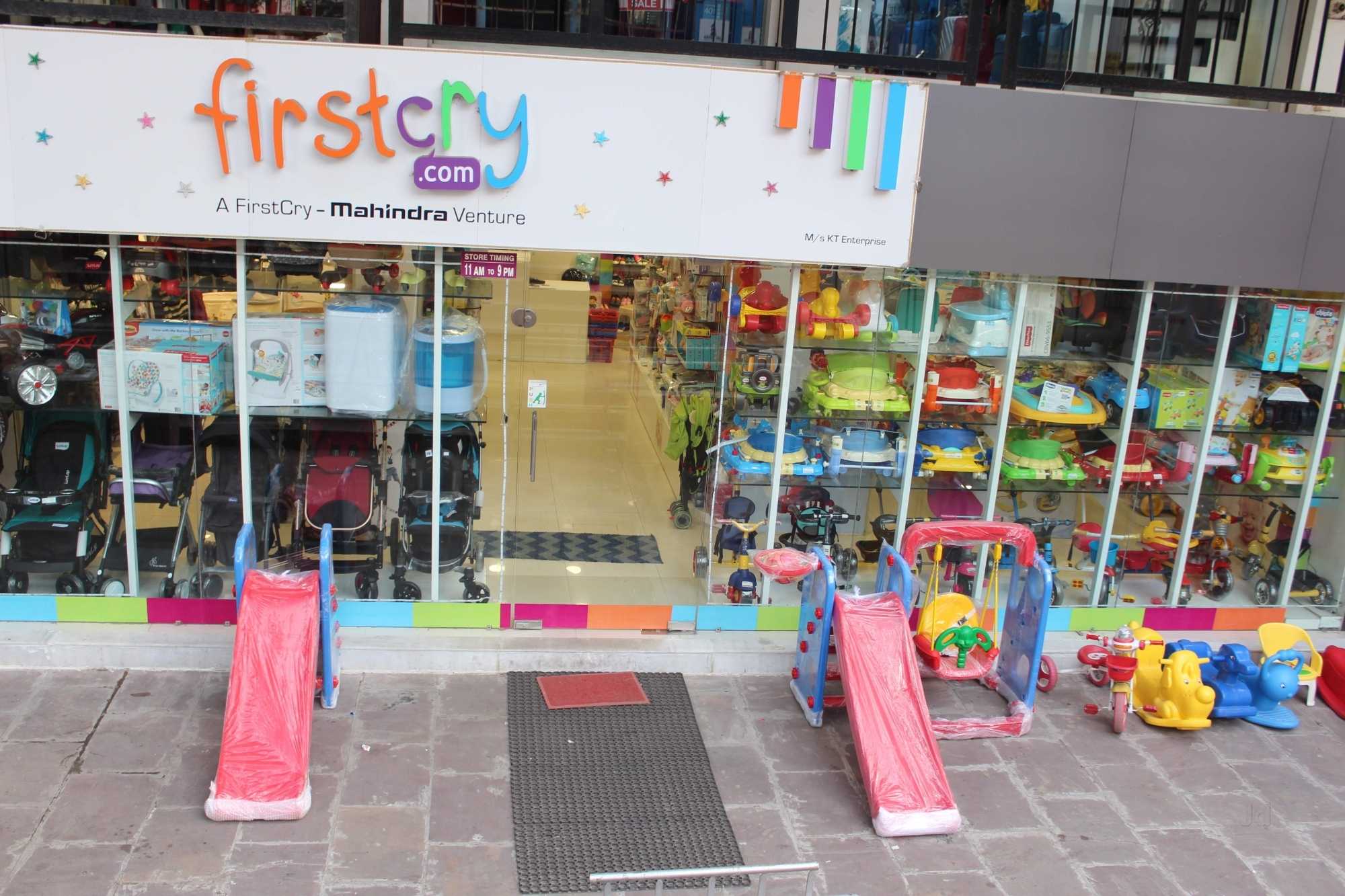Investment Evolution: Ranjan Pai’s Family Office and Partners Secure Stake in FirstCry from SoftBank

Investment Evolution: Ranjan Pai’s Family Office and Partners Secure Stake in FirstCry from SoftBank
The investment landscape in the Indian retail sector is witnessing notable developments as several prominent family offices have acquired stakes in the kids-focused omnichannel retailer, FirstCry. Ranjan Pai’s MEMG Family Office, Harsh Mariwala’s Sharrp Ventures, and Hemendra Kothari’s DSP Family Office have collectively invested a substantial amount of Rs 435 crore in FirstCry.
This strategic move by these influential family offices indicates their confidence in the growth potential of FirstCry, which specializes in providing a wide range of products for children through both online and offline channels. Such investments often align with family offices’ investment strategies that focus on promising businesses with the potential for significant market expansion and returns.
The injection of funds from these family offices could further bolster FirstCry’s position in the market, allowing the company to invest in expanding its product offerings, enhancing its technology and infrastructure, and scaling its operations across various channels. As the retail sector continues to evolve, especially in the context of changing consumer preferences and the rise of e-commerce, these investments can provide FirstCry with the resources needed to stay competitive and capitalize on emerging opportunities.

The recent stake acquisition by prominent family investment offices in FirstCry, a leading kids-focused omnichannel retailer, marks a significant shift in the company’s ownership structure. According to a report by Economic Times (ET), which broke the news, the three family offices of Ranjan Pai’s MEMG, Harsh Mariwala’s Sharrp Ventures, and Hemendra Kothari’s DSP have collectively purchased a stake from SoftBank, the largest stakeholder in FirstCry.
This transaction underlines SoftBank’s decision to divest a portion of its stake in FirstCry, which it acquired through significant investments. In February 2020, SoftBank invested approximately $300 million in FirstCry during a unicorn funding round, securing around 40% ownership in the company.
The involvement of established family investment offices in this transaction underscores their interest in the growth trajectory and potential of FirstCry. These family offices, led by influential business leaders, are known for their strategic investments and long-term vision in supporting businesses with substantial growth prospects.
FirstCry’s ability to attract investments from such reputable family offices highlights its position as a key player in the kids-focused retail space. The capital infusion resulting from this stake sale could provide FirstCry with the resources needed to further expand its offerings, strengthen its market presence, and pursue new growth avenues.

FirstCry is a prominent player in the market for baby, kids, and maternity products, offering a diverse range of products through both online and brick-and-mortar retail channels. The company has built a strong presence by catering to the needs of parents, caregivers, and families, providing them with a comprehensive selection of items that cater to the well-being and development of children.
In line with its growth ambitions, FirstCry took a significant step by converting into a public company approximately a year ago. This move indicates the company’s intention to go public through an initial public offering (IPO) in the future. Going public could enable FirstCry to access additional capital from the public markets, further support its expansion plans, and provide an opportunity for investors to participate in the company’s growth journey.
The decision to involve prominent family investment offices in acquiring stakes from SoftBank demonstrates a strategic approach to fundraising and ownership restructuring as FirstCry positions itself for its potential IPO. Such investments from reputable family offices not only infuse capital but also bring valuable industry insights, networks, and support that can contribute to the company’s success in the competitive retail landscape.
The financial performance of FirstCry reflects the dynamic nature of the retail industry, particularly in the context of the challenges posed by the COVID-19 pandemic. The significant increase in revenue from operations during FY22, amounting to nearly 50%, indicates the company’s ability to adapt and capture demand, even during a period of disruption. This growth highlights the brand’s appeal and the value it provides to its customer base of parents and caregivers seeking quality products for children.

However, the transition from profitability in FY21 to losses in FY22 reflects the impact of various factors, including operational expenses, investments in growth initiatives, and potentially, the challenges faced due to the pandemic. Businesses often allocate resources to expand their offerings, enhance customer experiences, and build infrastructure, which can temporarily affect profitability but may be crucial for long-term sustainability and growth.
As FirstCry gears up for its potential IPO and navigates through various operational dynamics, it will likely focus on optimizing its financial performance while balancing investments for future growth. The involvement of reputable family investment offices and the company’s conversion into a public entity underscore its strategic direction and ambition to evolve as a significant player in the retail sector.
Future financial disclosures will provide a clearer picture of the company’s progress and the outcomes of its growth strategies in the competitive retail landscape.
The recent partial exits of early backers from startups like XpressBees and Credgenics highlight the evolving nature of the startup investment landscape and the potential for significant returns for early-stage investors. These exits not only underscore the growing maturity of the Indian startup ecosystem but also provide insights into investor strategies and the value creation potential of innovative ventures.

Elevation Capital’s partial exit from XpressBees through the sale of a stake to Khazanah Nasional Berhad demonstrates the attractiveness of the logistics and e-commerce space, particularly in a market like India with its rapid digital adoption and e-commerce growth. The substantial partial exit showcases Elevation Capital’s successful investment strategy in identifying promising startups and nurturing them to a stage where they can attract larger investments from institutional investors.
Similarly, Titan Capital’s partial exit from Credgenics, yielding over a 100-fold return, highlights the significance of early-stage investments and the role of angel investors in supporting innovative solutions. As startups mature and demonstrate their business models, they can provide exceptional returns to investors who believed in their potential during the early stages.
These partial exits also underscore the crucial role that early-stage investors play in fueling innovation and driving entrepreneurship. Their support and capital injection often serve as a catalyst for startups to scale and reach new heights. While partial exits allow early backers to realize returns on their investments, they also enable them to reallocate resources to support other startups, creating a cycle of innovation and growth within the ecosystem.




